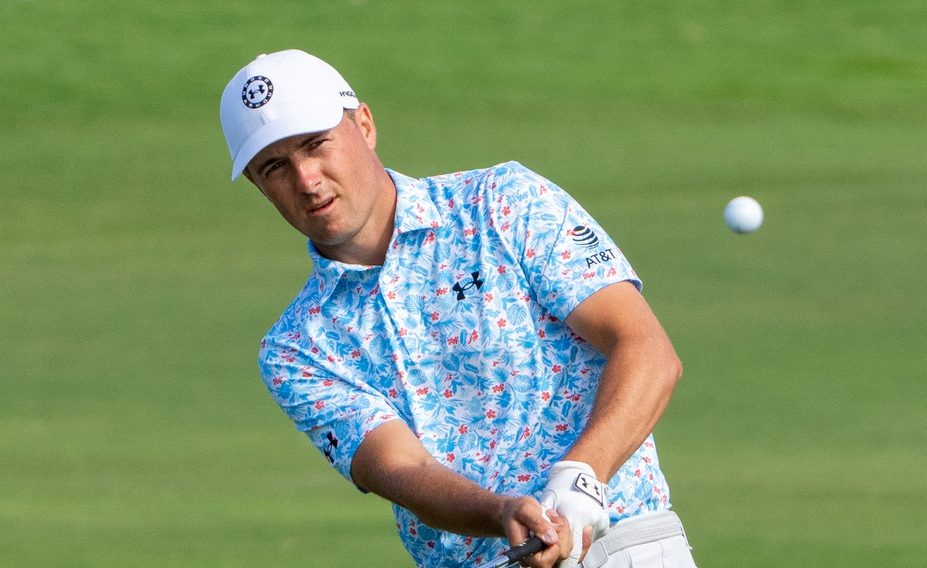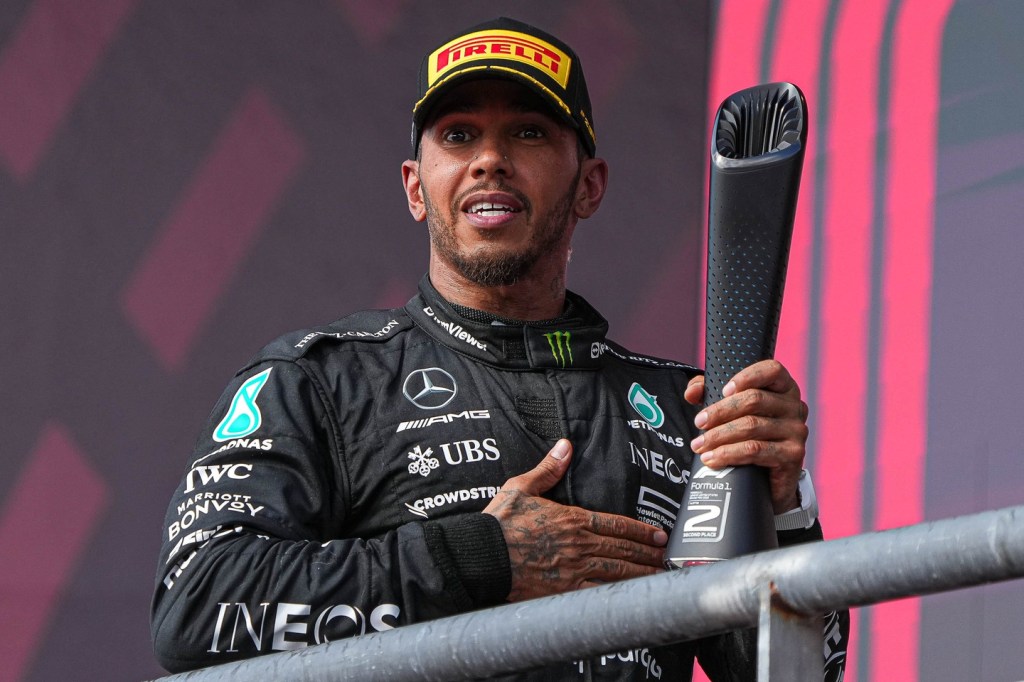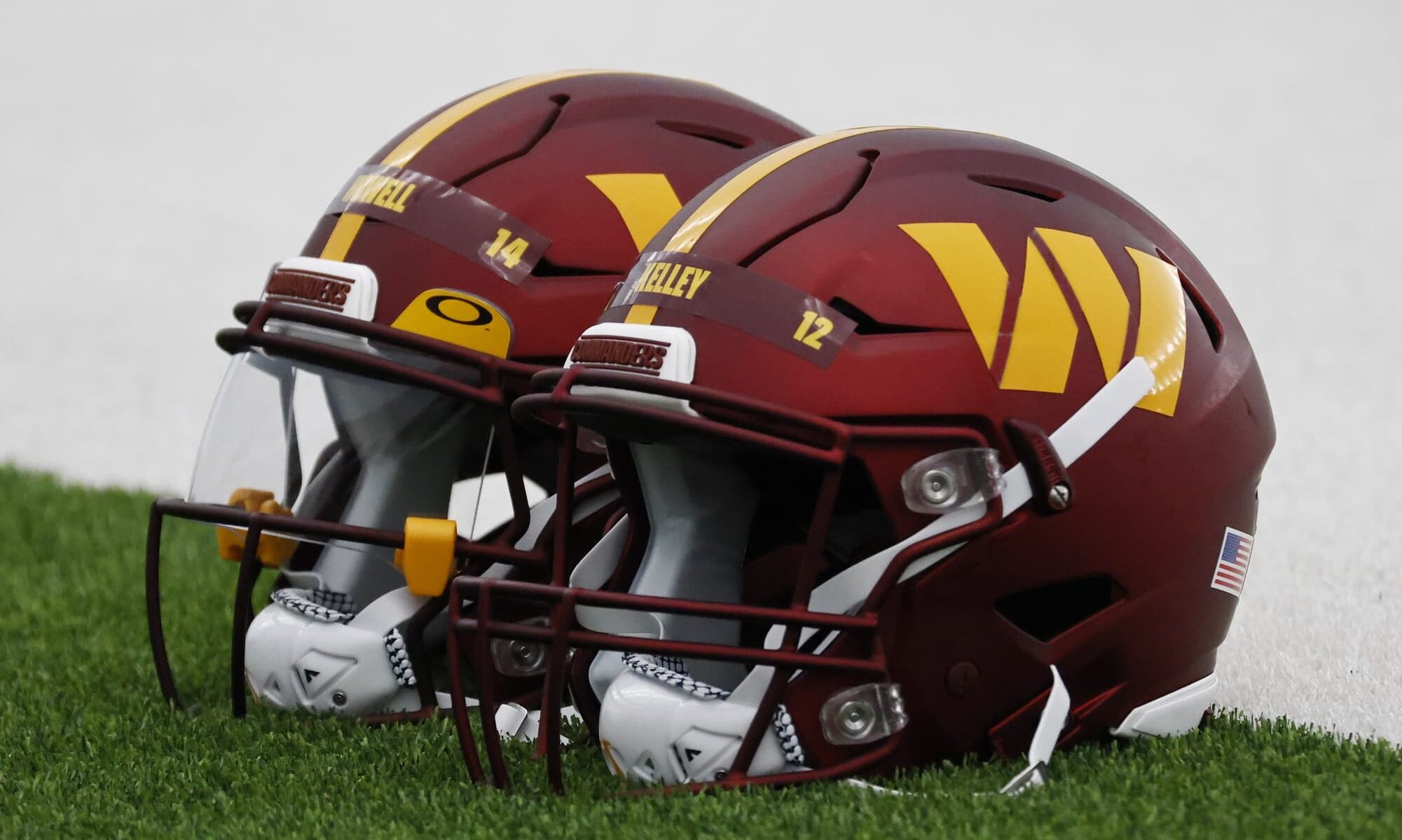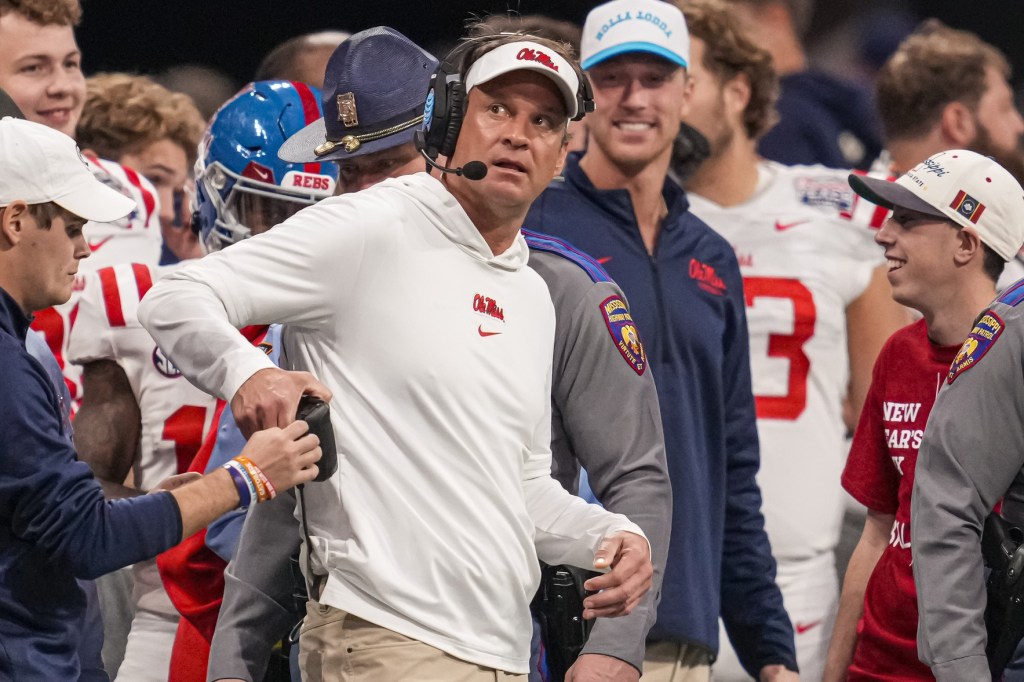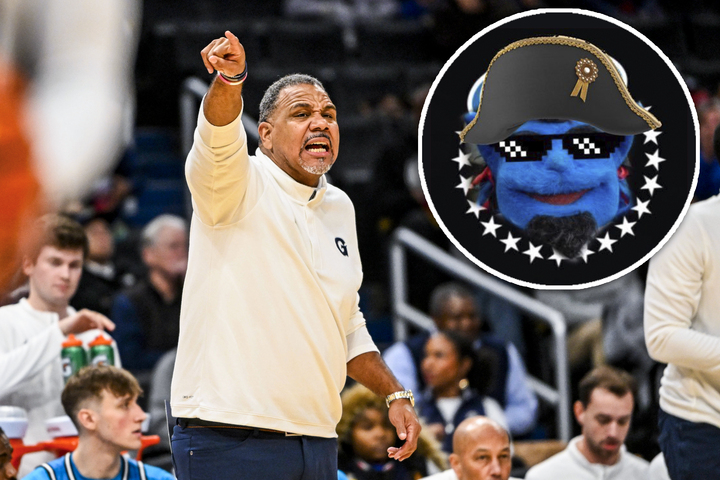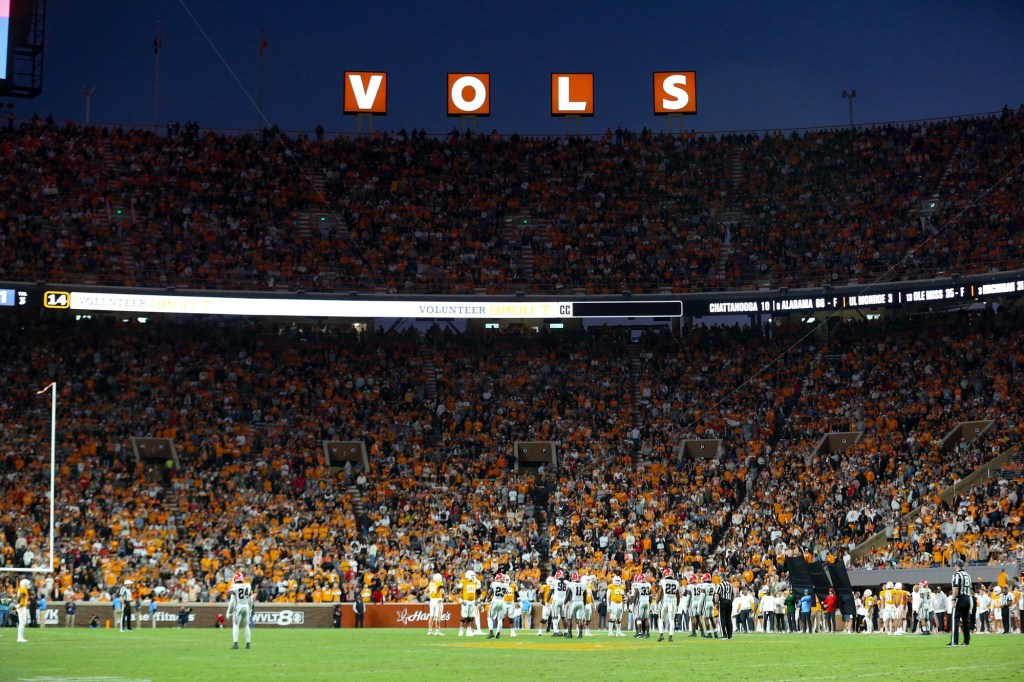On the heels of the PGA Tour’s landmark investment deal with Fenway Sports Group-led Strategic Sports Group, pegged at up to $3 billion, a pressing and immediate question is now rippling through the golf world: Does the Tour now even need to finish a much-discussed agreement with Saudi Arabia’s Public Investment Fund?
The SSG pact was structured to allow for co-investment from the PIF, and the PGA Tour said there has been “progress in its ongoing negotiations” with the LIV Golf backer, adding that “both parties are working toward an ultimate agreement.” But some players believe such continued effort is no longer necessary.
“I don’t think that’s needed,” said Jordan Spieth (above) of the potential PIF investment. “The idea is that we have a strategic partner that allows the PGA Tour to go forward the way that it’s operating right now without anything else.”
Spieth, the world’s No. 14 men’s player, is now part of the PGA Tour’s player policy board following a resignation by Rory McIlroy in November.
Among the reasons for the player reticence toward completing the PIF deal:
- The SSG agreement provides not only a significant cash infusion, but the intellectual capital of more than 200 years of combined pro sports team leadership.
- Nearly 200 PGA Tour players are already set to become equity participants in the newly formed, for-profit commercial entity PGA Tour Enterprises.
- Distrust and hurt feelings remain among some PGA Tour players toward their LIV Golf counterparts, with Christiaan Bezuidenhout telling ESPN, “I wouldn’t want to see any of the LIV guys come back.”
- There is no clarity yet on what role PIF would play in the operation of the PGA Tour or PGA Tour Enterprises, or if the investment would survive U.S. government regulatory approval processes.
“That has not been the ultimate priority,” said Webb Simpson, another player policy board member, of a potential PIF deal.


